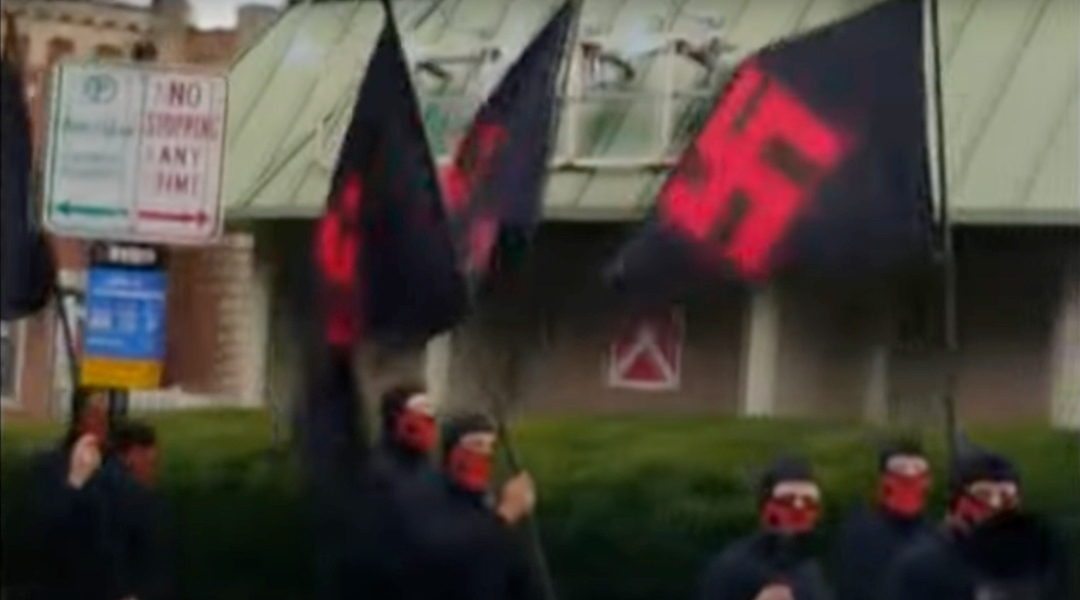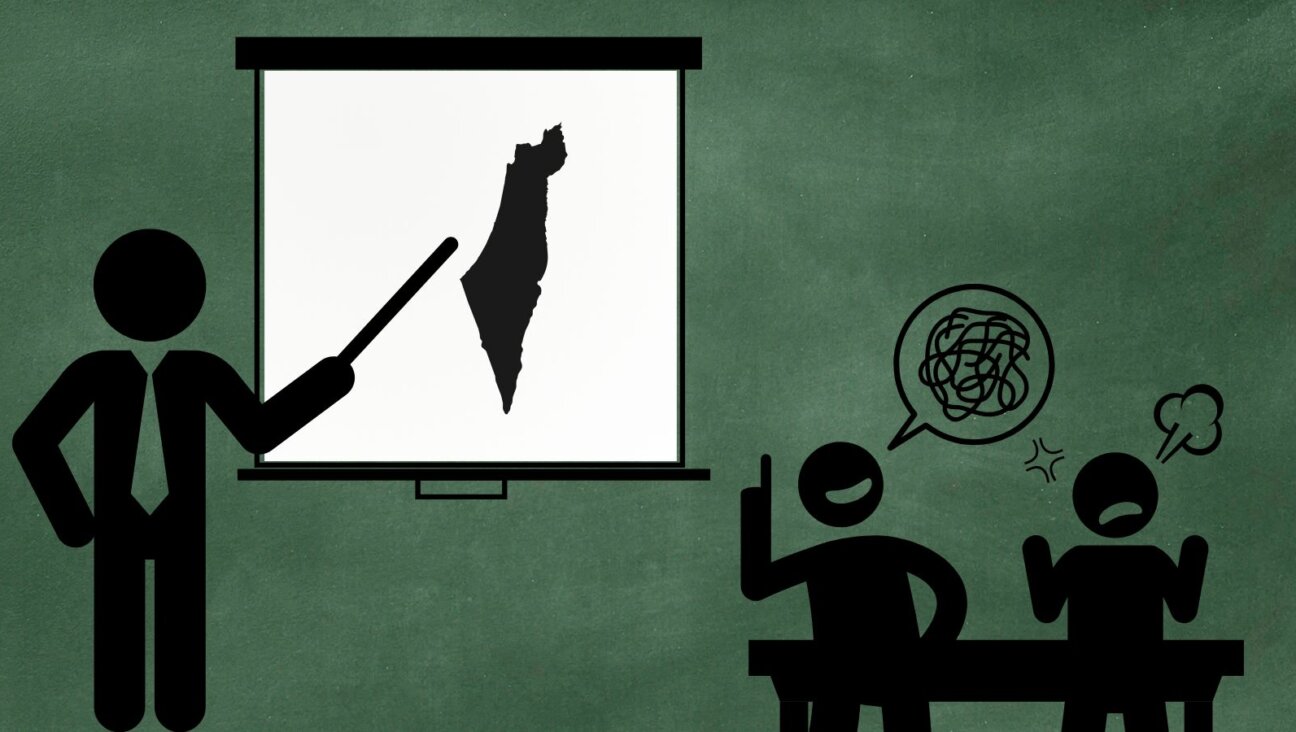Jewish Leaders and U.S. Condemn Hungary for Statue of Nazi Ally Miklos Horthy

Image by getty images
The United States on Thursday strongly condemned a far-right party for unveiling a statue of wartime leader Miklos Horthy, who allied Hungary with Nazi Germany, an event which stoked concerns about a wave of anti-Semitism in the country.
The Jobbik party unveiled the statue on Sunday in Budapest.
“Those who organised and participated in the event, including members of Hungary’s parliament, promoted not only their own intolerance, but also a dramatically negative image of Hungary,” the U.S. embassy said in an e-mailed statement.
“Although the significant number of counter-demonstrators showed there is strong opposition to the organizers’ views, and members of the Hungarian government have expressed disapproval, an event such as this requires swift, decisive, unequivocal condemnation by Hungary’s highest ranking leaders,” the statement said.
The government of Prime Minister Viktor Orban’s centre-right Fidesz party has acknowledged Hungarians had a role in the Holocaust and pledged a policy of zero tolerance against racial hatred and anti-Semitism.
Hungary still has one of the largest and oldest Jewish communities in Europe, mostly in the capital.
But while there is a revival of Jewish culture, the far-right has remained strong and anti-Semitism, as well as hatred toward other minorities like homosexuals or Roma, is still a serious problem.
Jobbik has vilified Jews and Israel in parliament, where it is the third-biggest party. It is set to win 8-9 percent of the vote at parliamentary elections next April or May, according to the latest opinion polls.
WORLD JEWISH CONGRESS OUTRAGED
World Jewish Congress Chairman Ronald Lauder condemned the Jobbik event on Monday.
“It is a historical travesty to publicly honour a man who introduced anti-Jewish laws in 1938, who sided with Adolf Hitler before and during World War II and who did nothing to prevent the murder of Hungarian Jewry,” Lauder said in an emailed statement.
“Jobbik… is an anti-Semitic, fanatic and anti-democratic party. It is high time Hungary took decisive action against the party and prevented statues of an associate of the most evil mass murderer of all times.”
Budapest mayor and Fidesz parliament group leader Antal Rogan denounced the statue before it was unveiled, but said he could do nothing to remove it as it was on private property.
The statue stands on the grounds of a Reformed Church. The bishop of its diocese has launched an inquiry into why the local priest allowed the statue to be erected there.
Orban’s chief of staff, Janos Lazar, on Monday condemned all racism and anti-Semitism, saying the 24 years of Horthy’s rule were a complex period that historians, not politicians, should discuss.
“The (deportations of Jews) in 1944 were clearly despicable while other aspects of the era, like the creation of the social security system, were decent and were worthy of being continued,” he said.
Horthy ruled Hungary for 24 years and gradually introduced laws that penalised the country’s Jewry. Soon after he took power in 1920, some laws were introduced limiting Jewish enrolment at universities, while Jewish rights were restricted severely when Hungary entered into the alliance with Nazi Germany in the late 1930s.
In March 1944 the Nazis occupied the country and with Horthy still in power, over a 56-day period Hungarian gendarmes helped the Germans deport 437,000 Jews, most to their deaths, according to Budapest’s Holocaust Memorial Centre.
The total number of Hungarian Jewish victims of the Holocaust exceeds half a million.
A message from our CEO & publisher Rachel Fishman Feddersen

I hope you appreciated this article. Before you go, I’d like to ask you to please support the Forward’s award-winning, nonprofit journalism during this critical time.
We’ve set a goal to raise $260,000 by December 31. That’s an ambitious goal, but one that will give us the resources we need to invest in the high quality news, opinion, analysis and cultural coverage that isn’t available anywhere else.
If you feel inspired to make an impact, now is the time to give something back. Join us as a member at your most generous level.
— Rachel Fishman Feddersen, Publisher and CEO























